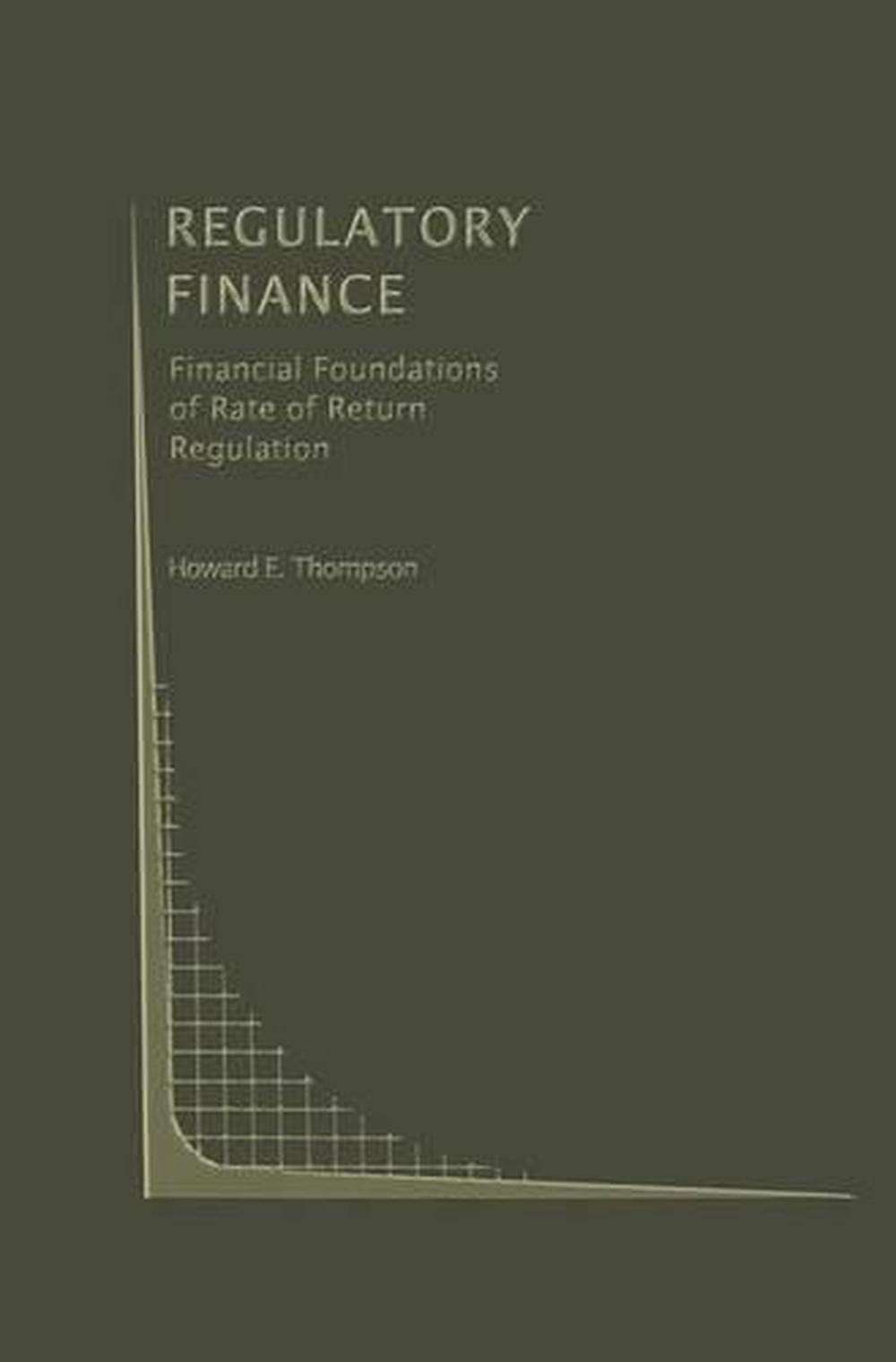
Hardcover
This monograph is concerned with the determination of the allowed rate ofreturn in rate cases which, in part, determines the rates ofcharge to customers of public utilities. Most rate cases include opposing testimony as to the “fair” rate of return or even the cost ofcapital for a public utility who…
Regulatory Finance
financial foundations of rate of return regulation
- Hardcover
243 pages
- Release Date
31 March 1991
Summary
This monograph is concerned with the determination of the allowed rate ofreturn in rate cases which, in part, determines the rates ofcharge to customers of public utilities. Rate of return determination has been a central topic in utility regulation for a century. Recent changes in the traditionally regulated markets - electricity, gas, and telephone - have shoved discussion of rate of return determination into the background, replacing it by technology changes, competition, downsizing, dereg…
Book Details
| ISBN-13: | 9780792391432 |
|---|---|
| ISBN-10: | 0792391438 |
| Author: | Howard E. Thompson |
| Publisher: | Kluwer Academic Publishers |
| Imprint: | Kluwer Academic Publishers |
| Format: | Hardcover |
| Number of Pages: | 243 |
| Edition: | 1991st |
| Release Date: | 31 March 1991 |
| Weight: | 1.19kg |
| Dimensions: | 235mm x 155mm |
| Series: | Topics in Regulatory Economics and Policy |
You Can Find This Book In
Returns
This item is eligible for free returns within 30 days of delivery. See our returns policy for further details.




